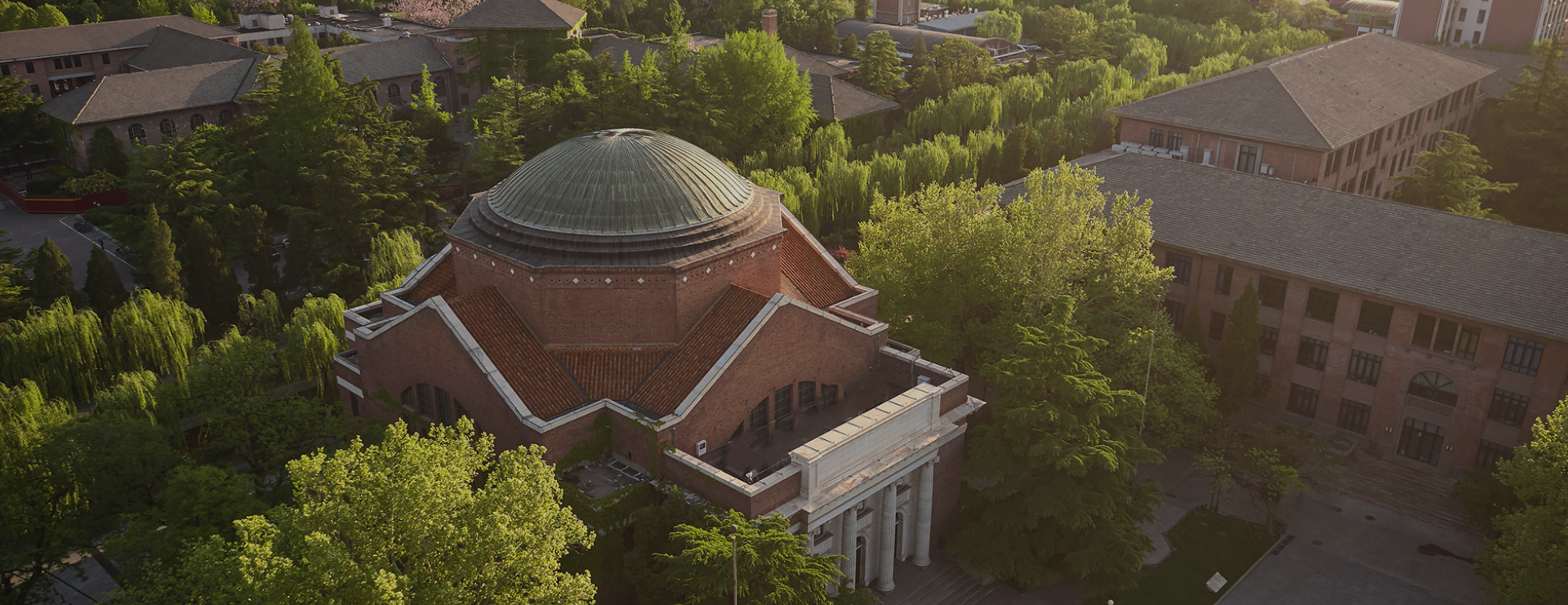The two sides of the Taiwan Straits should work together to pursue peace, avoid war and revitalize the Chinese nation, former Taiwan regional leader Ma Ying-jeou said on Tuesday in the eastern Chinese city of Nanjing, as he started his 12-day ancestral trip in the Chinese mainland.
Ma, also former president of the Chinese Kuomintang (KMT) party, made the remarks during a visit to the Sun Yat-sen Mausoleum in Nanjing. He stressed that people on both sides of the Taiwan Straits are all Chinese and share the same ancestors, and experts said this shows the Taiwan people's longing for peaceful exchanges and opposition to the cross-Straits antagonism created by the secessionist Democratic Progressive Party (DPP) authorities.
Sun (1866-1925) is a renowned Chinese national hero and founder of the KMT who led the 1911 Revolution that ended more than 2,000 years of imperial rule in China. The Sun Yat-sen Mausoleum, as an iconic historic place, has been visited by many senior KMT politicians, including former KMT leaders Lien Chan and Wu Poh-hsiung.
After entering the memorial hall of the Sun Yat-sen Mausoleum, Ma bowed to the statue of Sun, and then laid a wreath.
In his speech, Ma recalled China's history during the late Qing Dynasty (1644-1911): the loss of power, humiliation and the loss of territory, reparations, and the 1911 Revolution led by Sun that changed China's destiny.
Ma wrote "Strive for peace, revitalize China" in Chinese calligraphy on site and signed it with his name, without any title.
"People on both sides of the Taiwan Straits are all ethnic Chinese and we share the same ancestor," Ma said, noting that many of Sun's ideas and proposals have been implemented in the Chinese mainland and Taiwan island.
"I sincerely hope that the two sides of the Straits will work together to pursue peace, avoid war and revitalize the Chinese nation," Ma said. "This is an unavoidable responsibility of the Chinese people on both sides of the Straits, and we must work hard to realize it," he said.
Ma also paid a visit to the Second Historical Archives of China, as well as the China Modern History Museum, also known as the "Presidential Palace" that hosted "nationalist government" before 1949.
Nanjing, as the capital of the "nationalist government" in history, is a city that embodies the common historical and emotional memory of compatriots across the Straits. Ma's visit to Nanjing showcased the indelible historic ties between Taiwan and the mainland, Zhu Guilan, an expert with the Institute of Taiwan Studies under Tsinghua University, told the Global Times on Tuesday.
Ma also visited the John Rabe House, the home of German businessman Rabe who stayed during the Nanjing Massacre in 1937 and protected more than 600 Chinese in his house from Japanese troops' brutality.
Visits to historical sites related to the War of Resistance against Japanese Aggression (1931-45) highlight the times when the Communist Party of China (CPC), the KMT, and the whole Chinese nation made joint efforts to resist aggression, Zhu noted.
Ma's visit illustrates that both sides of Taiwan Straits belong to the Chinese nation, and the two sides share a common history and past, Zhu said.
Ma is also expected to meet with Xin Changxing, secretary of the CPC Jiangsu Provincial Committee, at the Jinling Hotel in Nanjing in the evening.
During his visit in Nanjing, Ma smiled and waved to nearby visitors who warmly welcomed him. He also interacted with children from a kindergarten who were holding an outdoor teaching activity at Sun Yat-sen Mausoleum.
"People on both sides of the Taiwan Straits are all of the same family!" "We are glad to welcome you!" said some tourists who clapped as they greeted Ma, according to Taiwan media.
Ma told media that the reception he received from the mainland has exceeded his expectations and that it was a good sign his friends on the mainland warmly welcomed him. He said he would convey goodwill from the mainland to the Taiwan people after his return.
Ma's visit shows that most people in Taiwan, especially young people, look forward to peaceful coexistence and exchanges with the mainland, Zhu said.
In the post-COVID-19 era, cross-Straits exchanges and cooperation have intensified, and more and more young people from Taiwan are coming to study, work and live on the mainland, she said.
Ma is scheduled to pay a visit to the Memorial Hall of the Victims of the Nanjing Massacre by Japanese Invaders in Nanjing on Wednesday morning, and then depart for Central China's Wuhan in Hubei Province.
Editor: Guo Lili

